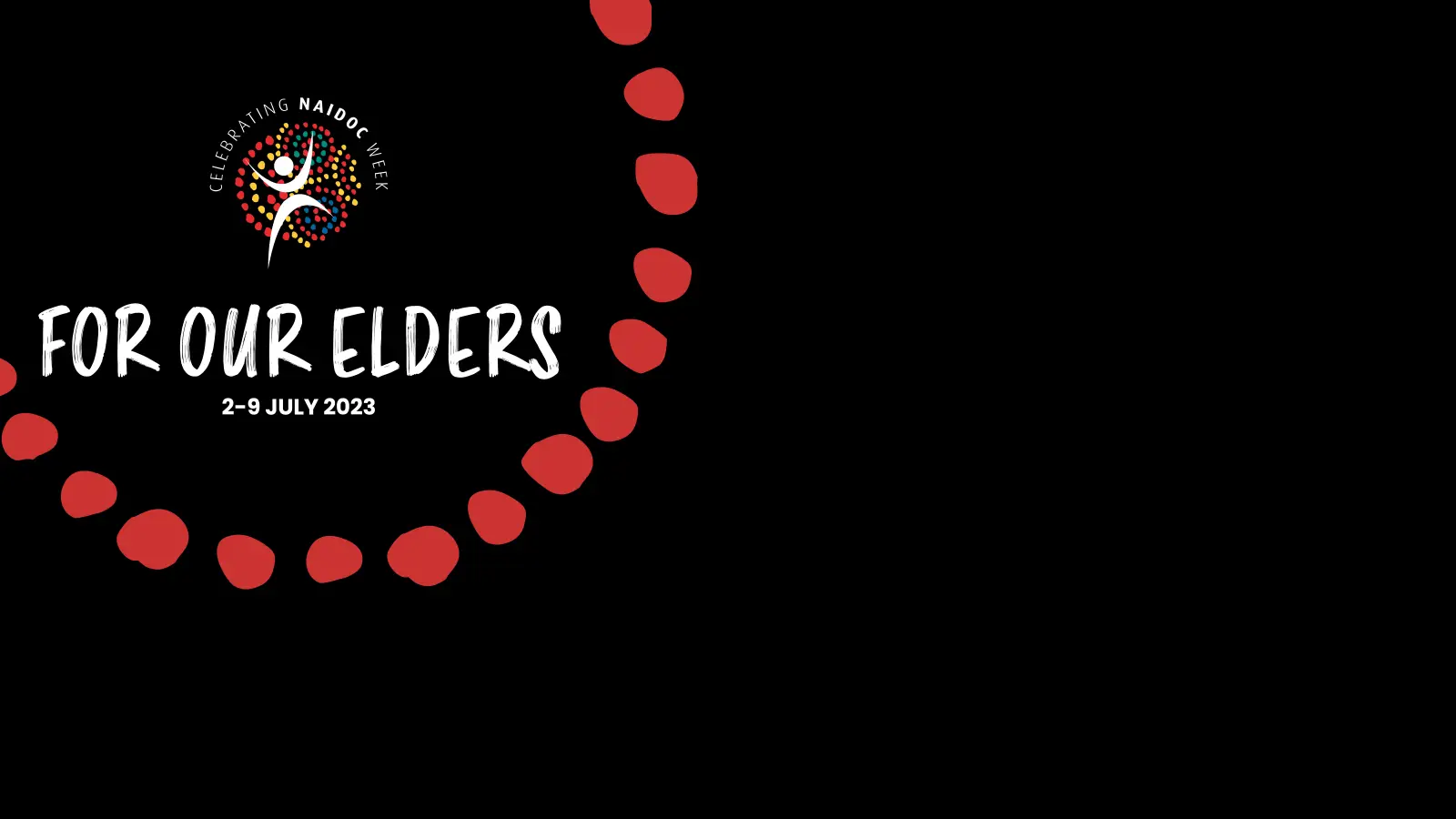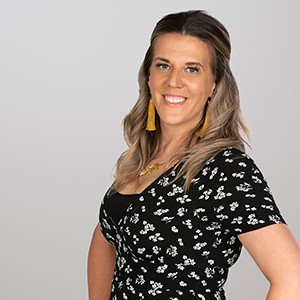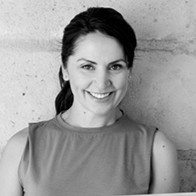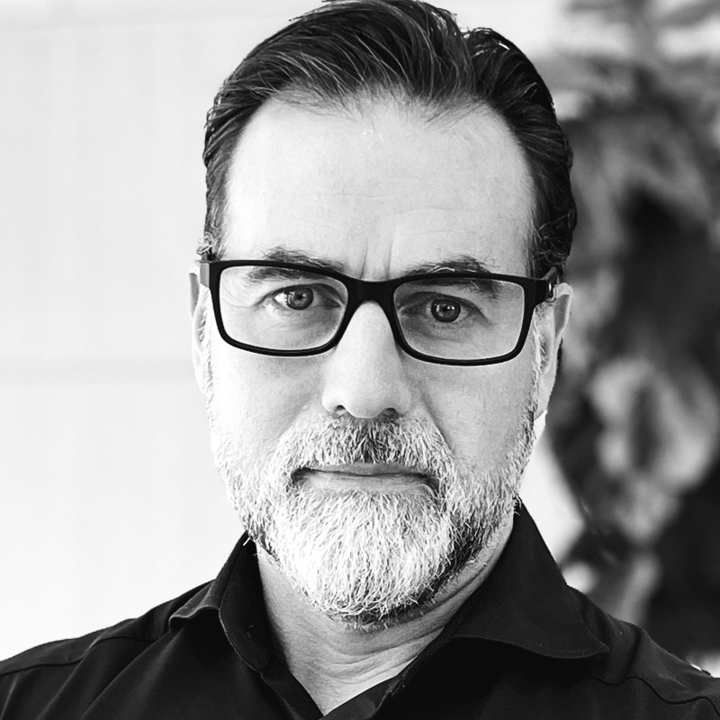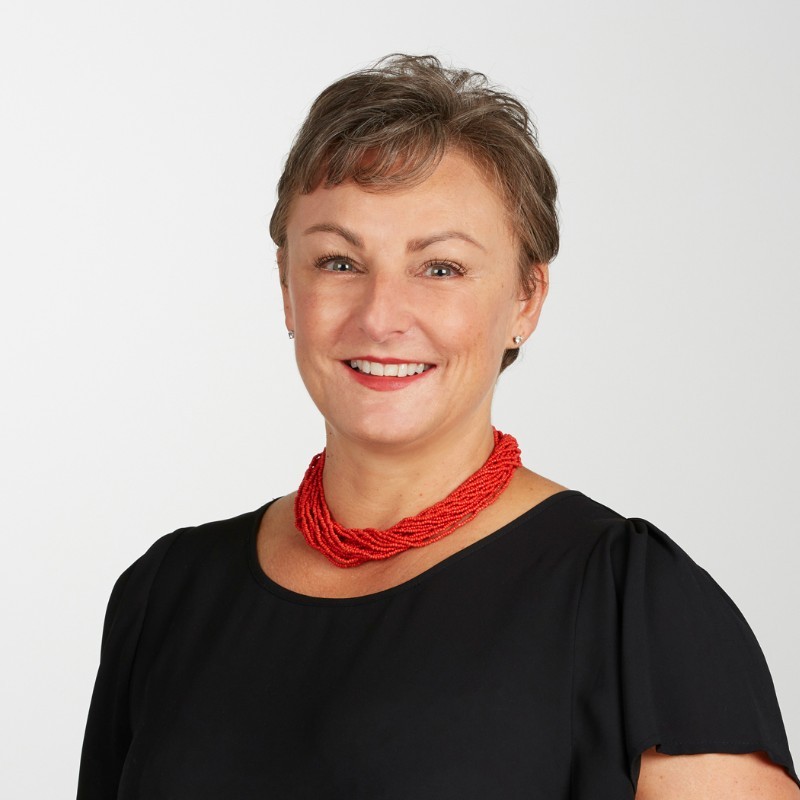As a non-Indigenous immigrant woman, I have to confess to being more than a little nervous about writing a blog post about NAIDOC Week, which runs from 2nd – 9th July, as after all, this time is all about our First Nations people, and, between you and me I feel a little like an intruder.
Standing for “National Aboriginal and Islander Day Observance Committee”, NAIDOC has its roots in the 1920s and 1930s as a protest against the status and treatment of our Indigenous peoples. Nowadays the week – which sometimes extends over the month – is a celebration of the history, culture and achievements of these First Australians.
So while it is with great trepidation, I am also embracing the chance to reflect on why I personally believe NAIDOC Week is so special and why this year's theme “For our Elders” is so important, and why we all need it.
Australia is a unique country in the world, marked by a rich, vibrant and unique contribution from our First Australian peoples, the oldest continuous living culture in the world.
Having migrated here in 2011 I have to confess that sadly I knew very little of the rich and rather painful heritage that lay beneath my feet. However, over the years, I have had the privilege of meeting many first nations peoples and being able to build authentic and genuine relationships with them that have afforded me the safe space to ask questions and learn.
Lack of knowledge of Aboriginal & Torres Strait Islander history is a problem
I was actually stunned to find out recently that more than 80% of Australians feel that they know little or nothing about Aboriginal culture. When I spoke with friends a lot of them were very open and honest about their level of education at school, essential teachings like the black history of Australia were minimal, some had touched briefly on topics like the Stolen Generations and thankfully most of them had the privilege to access additional tools of self-learning, but most have never learned of the effects history has really had on the Aboriginal and Torres Strait Islander mob of Australia—which is genuinely sad.
I have learnt and want to share that First Australians have had and continue to have unfair struggles, and whilst the numbers talk for themselves there is also a positive that comes from the negative.
Sadly the first thing that is evident is the disparity between life experiences of First Australian peoples compared to the majority of us from non-Indigenous backgrounds. The statistics are really horrifying, so much so that they drove a national government policy called,Closing the Gap.
Here are just a couple of the stats included:
- The life expectancy of 71.6 years and 75.6 years for Indigenous males and females, compared to 80.2 and 83.4 years for non-Indigenous males and females – a gap of 8.6 and 7.8 years! However, over a five-year study between 2016 to 2020 the median age at death of Aboriginal and Torres Strait Islander people (for the combined jurisdictions of New South Wales, Queensland, South Australia, Western Australia and the Northern Territory) was actually 58.0 years for males and 63.0 years for females
- There is a child death rate of 146 per 100,000 for Indigenous children, compared to 70 per 100,000 for non-Indigenous children – twice as high!
- Aboriginal and Torres Strait Islanders aged between 15 and 24 are almost four times more likely to commit suicide than non-Indigenous people the same age
These numbers are only a small part of the picture and do not reflect things like rates of incarceration, deaths in custody and low levels of education. These numbers however do start the narrative, they are unfair and not right!
If you are prepared to listen, First Australians have much to teach us about how to build a better Australia
Anyone who knows me will know I am wired to rush through life. I’m always busy and aim to be as productive as possible, constantly ticking off my never-ending to-do list, and as I learn more I actually REALLY admire and quite honestly envy our First Australians’ approach to life. In fact, I find myself becoming invested in their values and motions, and I believe there are some powerful truths we could all benefit from.
Who is your mob?
One of these is asking “who is your mob?” this is such a strong question, it brings you to a place where they cherish the past, their roots and the people who they come from, and so intentionally recognise as cultural identity. We are not islands but connected to our ancestors, and knowing this is invaluable to establishing where we fit in now and how we will see and build the future—taking time to reflect on this is something that will allow you to feel and build connection, to understand what is important to you, to your family.
Kids can teach us a lot
I have been blessed to see this first hand. My son's best friend at kindergarten is proudly First Nations and over the years I have watched their relationship grow from babies to very opinionated and funny little boys. Recently when it came to celebrating Leon’s birthday, my son Jax asked me if we could buy something “very special”. I was half expecting a trip to Kmart for the latest Transformer or Bluey character, but instead, he told me of an excursion his class had recently been on, and as they travelled they saw a mural depicting First Nations Peoples struggles—Leon had said “they are my people”. Without fear or prejudice, Jax asked Leon some questions and a discussion ensued around family, and connection. It was obviously on that trip that Jax made the connection—so that very special thing that he wanted to buy Leon was something with the Australian Aboriginal flag on it and when I asked why he told me because “it's Leon’s family and they make him feel special”.
I’d be lying if I said I didn't cry, I did. I cried a lot. And so a trip to Clothing the Gaps was had and now they can often be found in their matching (Ally-friendly) t-shirts crashing around the playground.
I learned a lot that day. Their friendship is pure, there are no perceptions, there is no class or privilege barrier, and they are just two boys who see the world together. They don’t see a gap, they just are who they are, and I really hope that this continues for many years to come not just with them, but with us as a country.
Another priceless lesson for us to learn from is the practice of yarning or conversation, where you take time to actively sit down and talk, to tell stories, to listen and to learn from each other, and together work out solutions.
Up until recently my natural instinct was to fight this, I didn’t see it as productive, but on the contrary, taking time to connect with my family and friends on a genuine and active level has made all the difference to me. I’ve started to see different solutions and experience different feelings about what progress might really be.
First Australians are people like me.
Religion is not something that I actively speak on, however, there is a belief that a lot of people hold that is that all people are equal and that each was “fearfully and wonderfully made”. We have been told to “love my neighbour as I love myself”. Therefore, if this is to be true, My First Australian neighbours were made exactly as I was, and we each have hopes and dreams and fears and struggles.
Don't fear a perceived difference, embrace the similarities—there are more than you realise.
As a minority (less than 3% of our population) their voice is small. Every single one of us has at times experienced being the odd one out, the new kid on the block or the exception to the group, and we all know how good it is when we fit in and are included when we are invited into the fold and made to feel special.
Think of this week like as a birthday when our family and friends celebrate us being born, NAIDOC Week is a special time to lift up and honour our First Australians—it's time to make a difference, take a step, be together, for all Australians to better understand each other, to revel in and learn from each other, for every week of the year.
And like in any relationship, we need to acknowledge the past, the hurt and the misunderstandings, but also to be open to learning from the generations that have gone before us, be open to change and have our perspective widened.
This week and every week plays a part in reconciliation, I’d love to continue to play a part in that and break down the generational barriers, and move forward with no prejudice.
This is what I seek for my First Australian friends. In fact, it’s what I would like to see for our nation and even our world.
Latest.
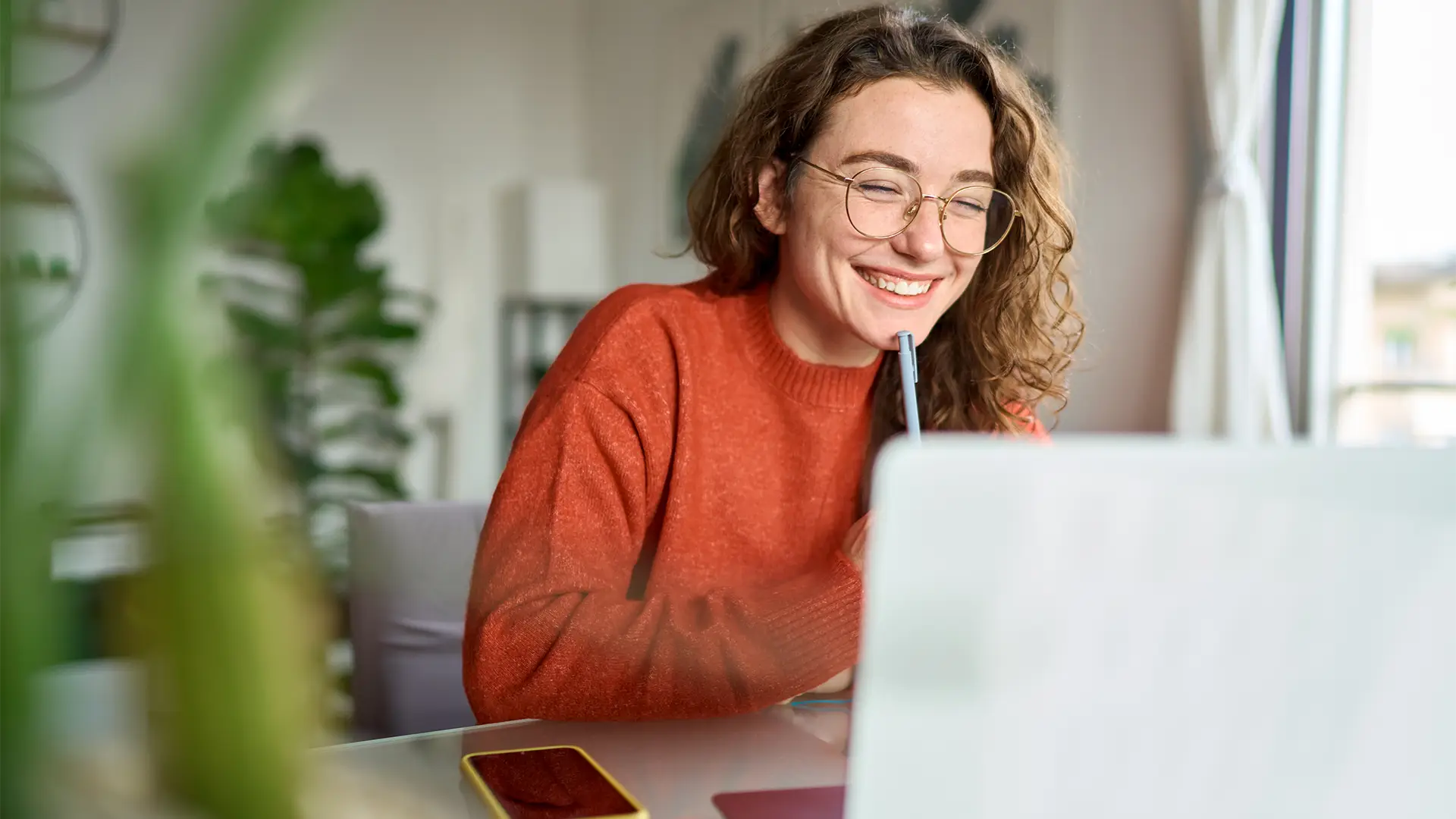
5 simple (but powerful) ways to shine in your design interview.
Job Seeker, Design
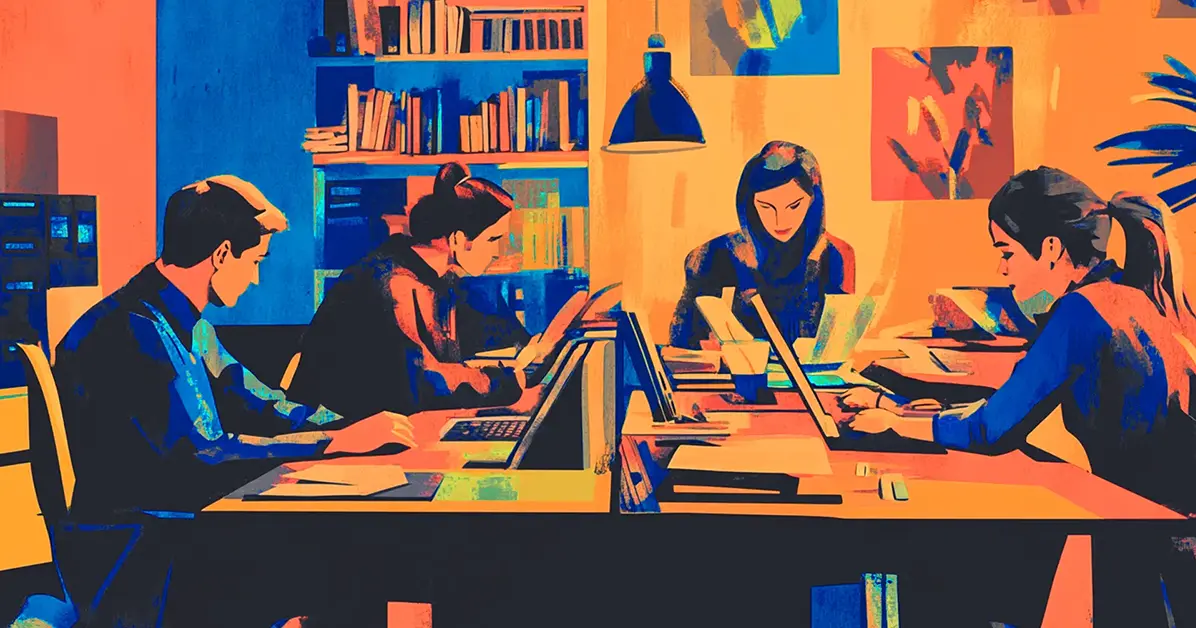
How to demonstrate the value of your design team in 2025
Thought Leadership, Design, Industry Trends, Leadership
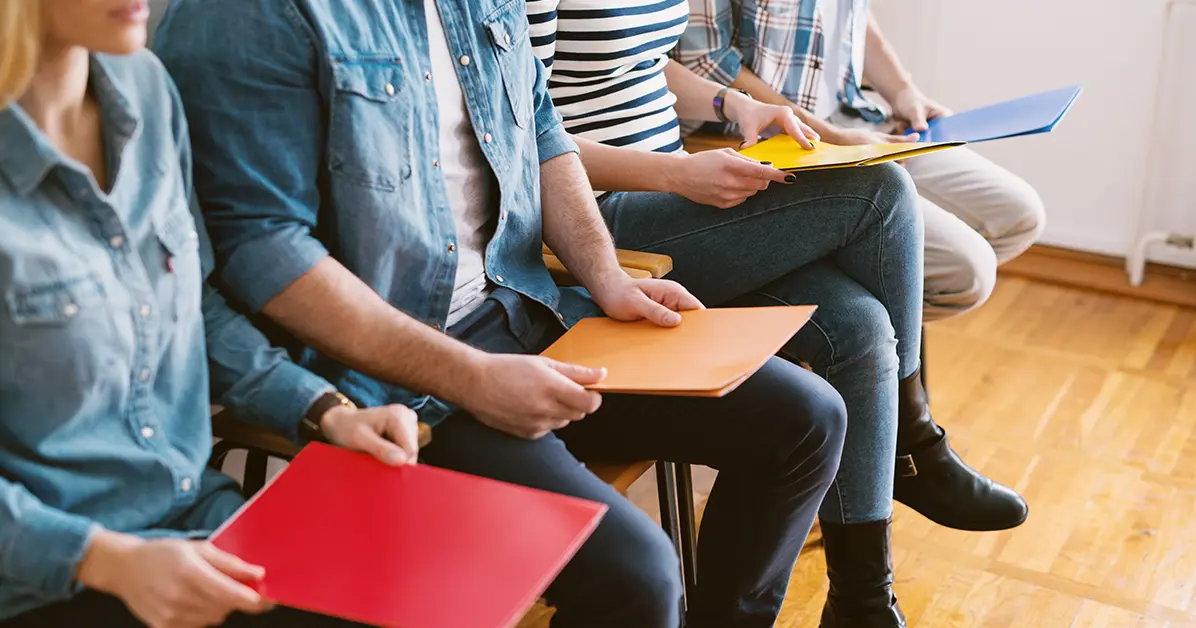
Ace your interview: Words to watch out for.
Job Seeker
